
The 8 best natural sunscreen products.
We've pulled the top 8 natural sunscreens as determined by Grove members.
Read More

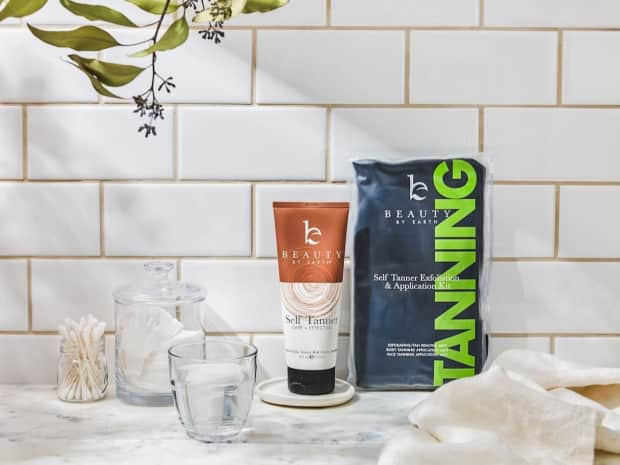
Last Updated: May 26, 2022
Get a sun-kissed glow without skin damage or questionable ingredients with our guide to natural self tanner products and sunless tanning.
Natural self tanners can give you a worry-free bronzed hue, and they’re much better for your skin than laying out in the sun. Natural sunless tanning products are a safe, effective way of keeping your skin tone bronzed year round. Here’s how to use natural self tanners to get an even, streak-free tan that doesn't leave you looking like a walking cheese puff.
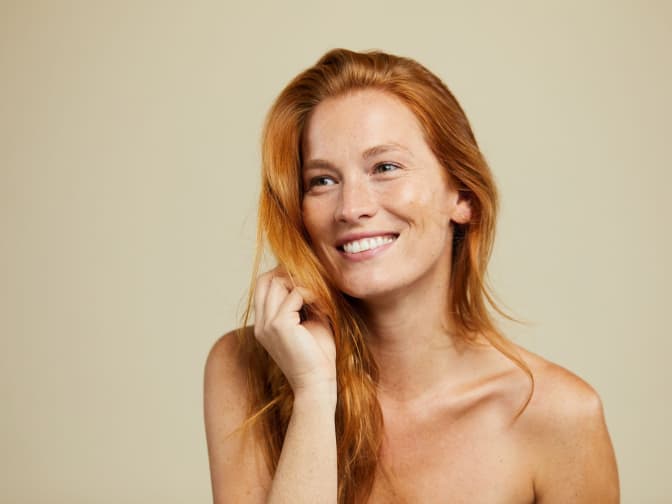
Most self tanners, including natural options, use dihydroxyacetone (DHA), a colorless chemical that is made by fermenting plant sugars, to simulate a tan. DHA binds to the proteins in the dead skin cells that make up the outer layer of your skin and causes them to gently darken.

Generally, self-tanning products are a safer alternative to sun exposure, since they result in a sun-kissed glow without exposing your skin to UV rays. And natural sunless tannning products are made without dyes, artificial fragrances, parabens, or other questionable ingredients, making them a healthier alternative to conventional self tanners — especially if you’re used to airbrush or other sprayed options. Those self-tanning methods have the potential for inhalation of DHA, which you should avoid breathing in fumes or droplets.
Like many products applied directly to the skin, like lotion, you’ll likely want to spot test a small area to check for any adverse reactions, including contact dermatitis, before covering your body in a self-tanning product. And avoid placing self-tanning lotion near your eyes and lips.

Most natural self tanners (and conventional sunless tanners, for that matter) do not contain sunscreen, so you’ll need to put on SPF if you’ll be exposing your skin to the sun. Wear sun protective clothing and apply natural sunscreen before you go outside or sit near a window. Prudence Millsap, managing partner at Beauty by Earth, recommends waiting 30 minutes to an hour after applying a natural self tanner to slather on SPF.
Grove Tip
Skin cancer is the most common type of cancer in the United States. One in five people in the U.S. are expected to develop skin cancer in their lifetime, according to the American Academy of Dermatology.
Give your skin a good scrub and shave, if you’d like. Dry patches can give you an uneven, splotchy fake tan.
Wait at least five to six hours after shaving before applying to prevent your pores from darkening more than the surrounding skin.
Use gloves or a self-tanning mitt to avoid orange palms. If you want to use your bare hands, put lotion on them before you start and wash them with soap immediately after rubbing in each section to avoid staining.
Start with your legs and work your way up so you don’t crease or accidentally wipe off the product while you apply elsewhere.
Massage the product into your skin with circular motions to help prevent streaking and missed spots.
Heels, knees, and elbows are all susceptible to picking up extra tint, so consider going lighter here or rubbing in a little lotion first to moisturize and reduce absorption around those areas of dry skin.
The American Academy of Dermatology Association recommends waiting 10 minutes before you get dressed and three hours before sweating.
Reapply daily until you like the color. Once you have a base color you like, reapply the sunless tanner of your choice every 4-5 days to maintain it.
You’ll need to keep your skin dry for at least five hours after applying, and that includes sweat! If you can, apply on cool evenings and wear loose clothing to prevent sweating or rubbing the product off.
You’ll need to keep your skin dry for at least five hours after applying, and that includes sweat! If you can, apply on cool evenings and wear loose clothing to prevent sweating or rubbing the product off.
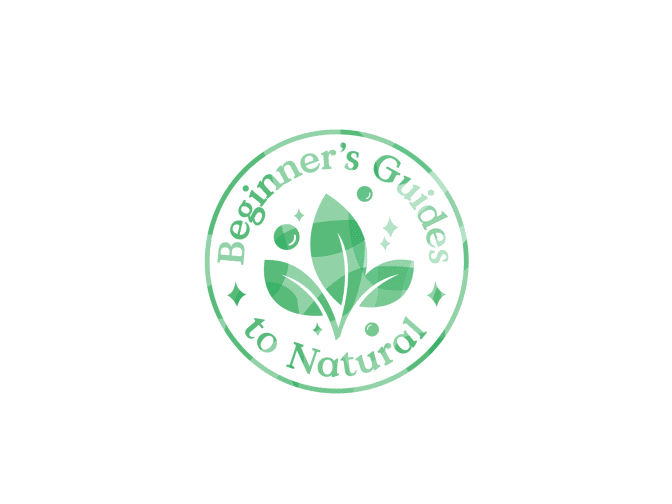
Here at Grove Collaborative, we’re big believers in the power of natural products — both for ourselves and for the planet. But we know making the switch can be daunting, especially if you’re accustomed to conventional products and are new to the world of natural, eco-friendly alternatives. That’s why we’ve created Beginner’s Guides to Natural. Each week, we’ll give you a primer on the ins and outs of transitioning to a natural version of a common household item, plus a few of our favorite brands for making the switch. Let’s get to swapping!

We've pulled the top 8 natural sunscreens as determined by Grove members.
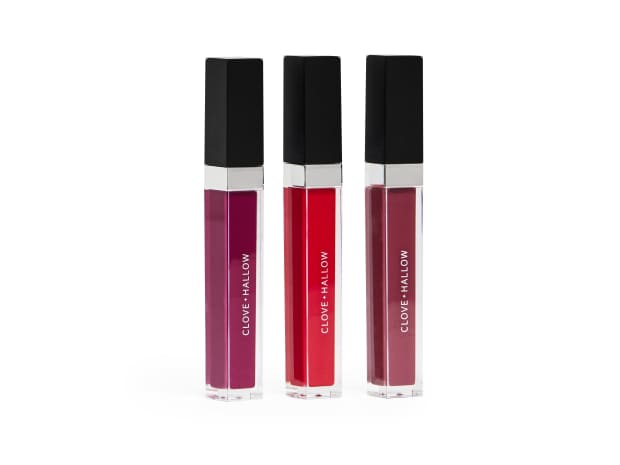
How does natural lipstick compare to conventional lipstick? Here's the real report.
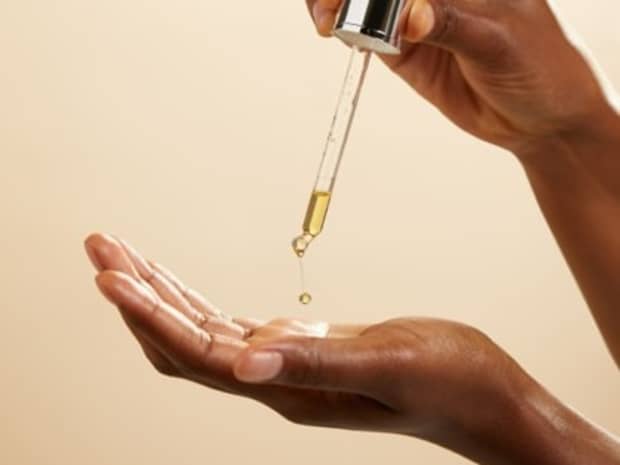
Get these questions answered and more by Grove formulation chemist Naomi Tennakoon.
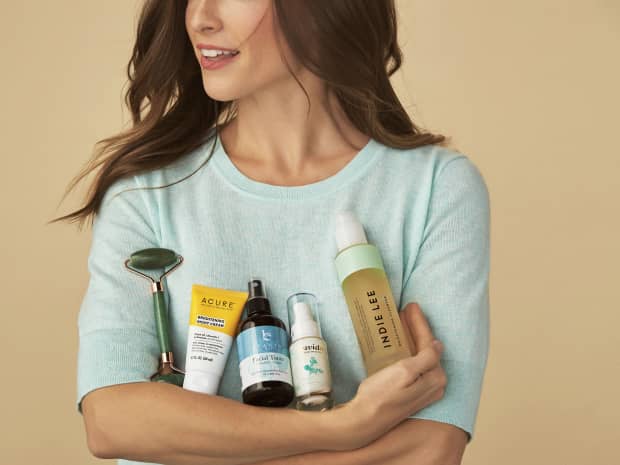
These top-rated natural toners are your secret step to healthy skin.
From natural household to personal care, everything at Grove is healthier for you and the planet — and works! We recommend monthly shipments and product refills that you can edit or move at any time. No monthly fees or commitments required.